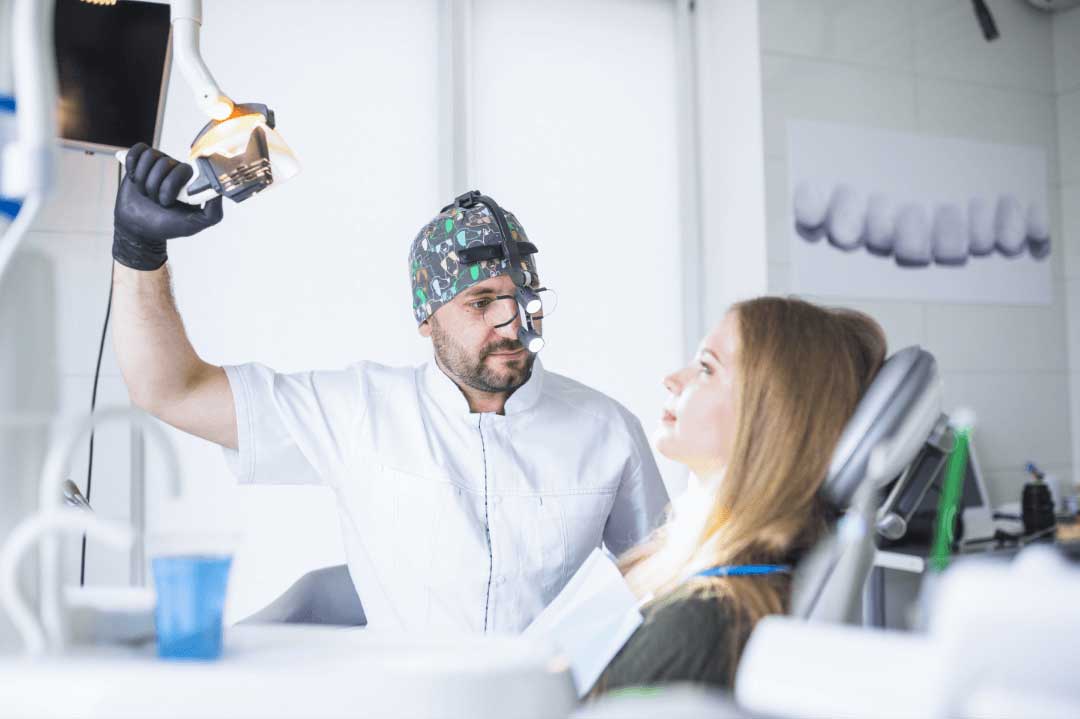Dental practices must ensure comprehensive HIPAA staff training that encompasses understanding the Privacy and Security Rules, patient rights, the minimum necessary principle, breach notification requirements, and the secure handling of Protected Health Information (PHI), both in paper and electronic forms, to maintain confidentiality and avoid penalties, with regular updates as the modern healthcare sector continues to advance. This training should establish a culture of privacy by design, where employees are taught to consistently prioritize patient confidentiality in every procedure and interaction, and to recognize and report any suspicious activities or breaches in accordance with HIPAA’s stringent reporting guidelines. Training must be customized to the roles of the dental staff, ensuring that those in direct contact with PHI understand the full extent of their responsibilities, and administrative personnel are equipped with the knowledge to implement policies and procedures that align with HIPAA’s administrative requirements, such as performing risk assessments and establishing contingency plans. The effectiveness of the training should be regularly assessed through audits and drills, ensuring that staff not only understand the theoretical aspects of HIPAA regulations but also demonstrate the ability to apply these principles practically in day-to-day operations, thus safeguarding the practice against inadvertent violations and enhancing the trust of patients in the practice’s commitment to the protection of their personal health information.
The importance of HIPAA Training and Privacy by Design in Dental Practices
Ensuring that dental practice personnel are well-versed in HIPAA’s Privacy and Security Rules, aware of patient rights, adept at applying the minimum necessary principle, prepared for breach notification protocols, and proficient in managing PHI securely in all forms is necessary for upholding patient confidentiality and steering clear of punitive measures. This requires continual education to stay aligned with changes in regulatory standards. HIPAA compliance mandates that new employees undergo this training within three months of hiring to understand the complexities of patient data protection. This is not only a recommendation but a requirement, underscoring the pivotal role of HIPAA in safeguarding patient information. To develop a culture that values patient privacy, dental offices are encouraged to integrate the concept of privacy by design into their educational programs. This approach promotes the continuous consideration of privacy throughout each dental service and patient engagement. Developing such a mindset ensures that personnel are consistently prepared to recognize and proactively address potential privacy issues. Educational initiatives that promote this heightened awareness are necessary, creating an environment where the secure management of PHI becomes a priority during daily operations.
Annual Refresher Training
It is a well-acknowledged best practice within the healthcare sector for all staff to undertake annual refresher training in order to sustain a consistent level of compliance and proficiency. This approach ensures that all team members, from dental hygienists to administrative staff, stay current with HIPAA amendments and routinely refresh their knowledge of privacy-protecting procedures and protocols. By doing so, the dental practice strengthens its defenses against potential breaches and infractions, staying proactive in safeguarding patient information.
Training Modalities and Record Keeping
Utilizing online platforms for HIPAA training stands as the optimal choice, offering unmatched flexibility, embedding testing capabilities, and securing automatic documentation of completion. Transitioning to these web-based environments affords dental practices the ability to customize educational experiences to the unique time constraints and learning preferences of their staff, a significant advantage in the time-sensitive setting of dental healthcare provision. Documentation arising from such online training sessions, an important part of compliance, needs detailed maintenance for a duration of six years, ensuring availability of proof of adherence to HIPAA regulations should an audit occur.
Audits and Practical Application of Training
The success of HIPAA education can be assessed by its real-world application in daily routines. Conducting regular audits and simulated exercises is necessary for evaluating the effectiveness of training programs. These evaluations help identify any gaps between understanding HIPAA regulations in theory and applying them in practice. Employees must demonstrate the ability to practically apply HIPAA principles in real-world scenarios, which indicates a robust compliance framework. Simulations not only reinforce the knowledge acquired but also highlight the practice’s commitment to preserving patient privacy, building trust, and maintaining the practice’s reputation in the community.
Related HIPAA Training Articles
HIPAA Training for IT Professionals
How Often Must HIPAA Security and Privacy Training Be Completed After the Initial Training?
When is HIPAA Training Mandatory for New Jobs?
The Ultimate Guide to HIPAA Staff Training
Effective HIPAA Training Programs for Staff
Understanding HIPAA Training Requirements
Benefits of Online HIPAA Training for Staff
HIPAA Training for Healthcare Staff: A Necessity
Best Practices in HIPAA Staff Training
Nurse’s Role in HIPAA Compliance: Training Essentials
Physicians and HIPAA: A Training Perspective
Administrators and HIPAA Staff Training
Training Medical Staff for HIPAA Compliance
Dental Practices and HIPAA Staff Training
HIPAA Training for Mental Health Professionals
Pharmacists and HIPAA Compliance Training
Medical Device Manufacturers: HIPAA Training
Telemedicine Providers and HIPAA Staff Training
HIPAA Training for Healthcare Researchers
Startups in Healthcare: HIPAA Staff Training
Executives in Healthcare: HIPAA Staff Training
HR Professionals and HIPAA Training
Legal Experts and HIPAA Compliance Training
Managers in Healthcare: HIPAA Staff Training
Vendor Relationships and HIPAA Compliance Training
Volunteers in Healthcare: HIPAA Staff Training





